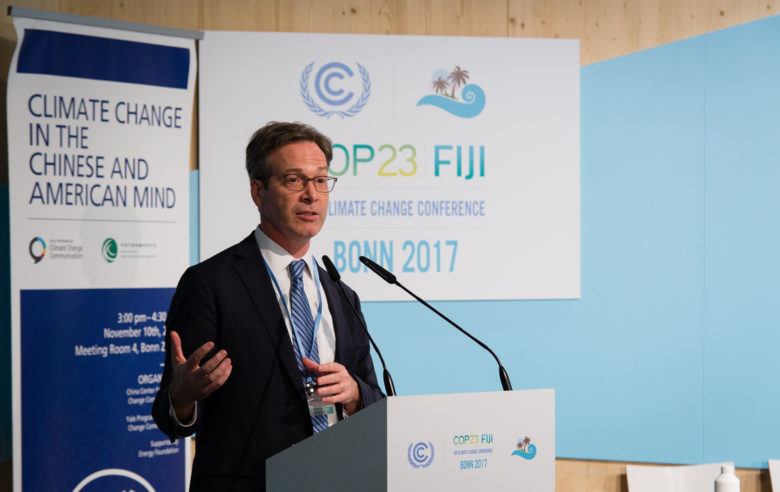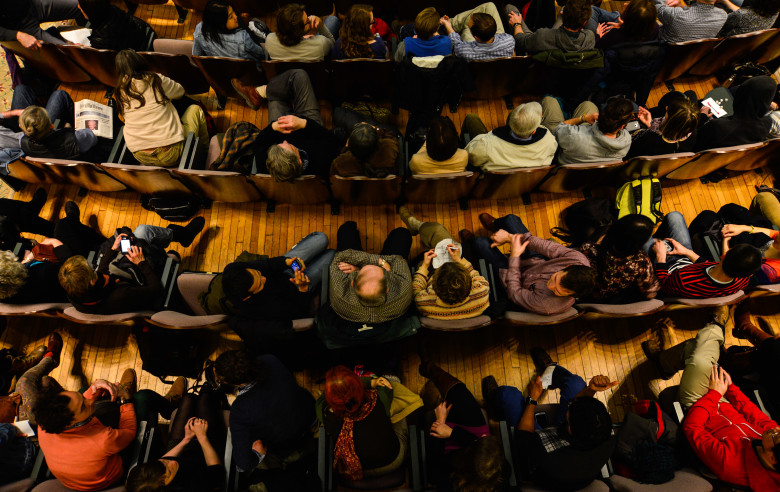The Program

Overview
We conduct scientific studies on public opinion and behavior; inform the decision-making of governments, media, companies, and NGOs; and educate the public about climate change.
Global warming is one of the greatest threats – and opportunities – of the 21st century. Our collective fate will be determined by the choices of 8 billion people and counting. We are scientists studying the causes and consequences of public opinion and behavior. We help governments, media, companies, and civil society communicate more effectively. And we publish an online climate news service and daily national radio program, Climate Connections.
The Yale Program is directed by Dr. Anthony Leiserowitz. For more information about the YPCCC team, please see People & Partners. The Program is part of the Yale School of the Environment at Yale University, in New Haven, Connecticut.

What We Do
We conduct communication research, using surveys, experiments, qualitative methods, statistical models, maps and participatory GIS, among other methods. We also conduct studies at the global, national, and local scales. Major projects include Climate Change in the American Mind, The Yale Climate Opinion Maps, and International Attitudes & Behavior. We also publish Climate Connections - an online climate news service and national radio broadcast. Finally, we help governments, media, companies, and NGOs communicate more effectively.
To learn more about our current projects see Our Projects.

Mission & History
The Program grew out of a groundbreaking conference on “Americans and Climate Change” convened in 2005 in Aspen, CO by the Yale School of Forestry & Environmental Studies, now the Yale School of the Environment. Over 100 national leaders representing science, media, religion, politics, entertainment, education, business, environmentalism, and civil society developed an action plan to engage American society. The recommendations from the conference are available online in the report "Americans and Climate Change: Closing the gap between science and action."